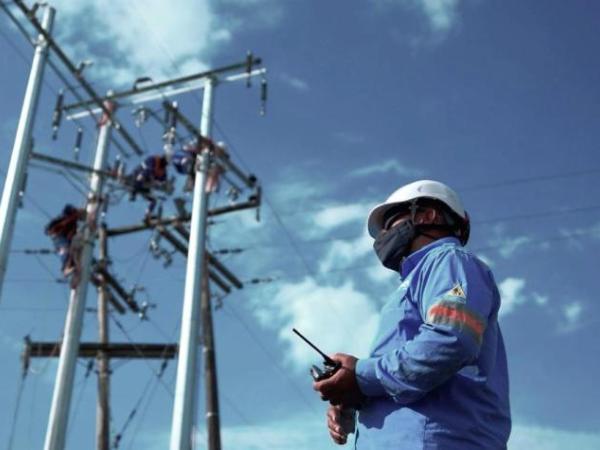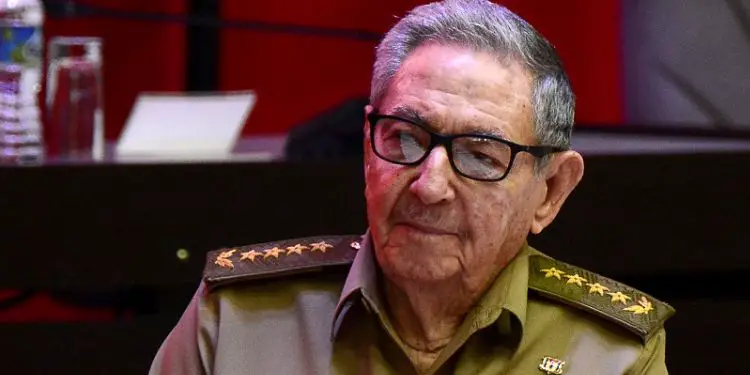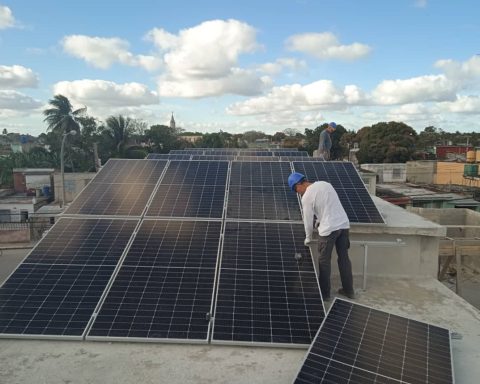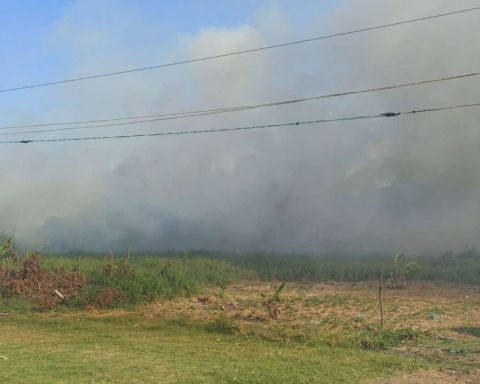After several months of work, this Monday the final project of the National Development Plan of the Government of Gustavo Petro will be announced. Portfolio learned of a draft of the articles that would reach the Congress of the Republic, made up of 240 points, and among them the proposal contained in article 173 stands out, which gives extraordinary powers to the President to create a state holding company for the electricity sector.
(Extraordinary powers that are contemplated in the Development Plan).
This contemplates extraordinary powers that the president would have for six months to “create, suppress, restructure, merge, spin off, liquidate or integrate generation, distribution and commercialization companies in the electricity sector”. In this way, it could form a large company that integrates the generation and distribution and commercialization of this public service.
The objective of this, according to the known draft, is to drive and promote the just energy transitionas well as improve the provision of electricity service and generate efficiency in the management of entities and companies in the sector.
The companies that would be likely to enter into this process are the thermal generators Gecelca and Gensa and the Urrá hydroelectric plant, which together have 1,246 megawatts, adding up their assets. This is 6.7% of the country’s net capacity.
(Development Plan would propose investments for $1.154 billion).
In the case of distribution and marketing companies, the Nation has a stake in 10 of them, some of which are Cedenar, Electrohuila, Emsa, Electrocaquetá, Dispac, among others. It would be with these companies that the Government would have the capacity to form this holding that is estimated to serve 2 million homes.
Added to this proposal, the draft of the articles also talks about the “reallocation of electricity subsidies to cover essential consumption”, focused on strata 1 and 2. This level would be established by the Mining and Energy Planning Unit (Upme). And it also indicates the creation of a program to replace firewood, coal and waste with transition energy, which would last 10 years and would be led by the Ministry of Mines and Energy.
In addition, the Development Plan includes another series of important changes in different areas. Among them stands out, for example, article 46 of the project draft, which proposes the creation of a Transfer Systemwhich would be in charge of the Administrative Department for Social Prosperity.
(At what point is the Development Plan and what will be its axes?).
The novelty at this point is that not only monetary transfers would be delivered, but also transfers in kind.
One of the provisions that appear in the draft of the articles is the creation of the ‘Zero Hunger’ transfer in kind, which will be part of the Transfer System, and “consists of the delivery of resources in kind to guarantee the human right to food of the population living in poverty and extreme poverty”, indicates the document.
“Faced with the extraordinary powers that, according to the draft articles of the PND, the president would have to modify Families in Action, I wonder why the government believes that extraordinary powers are needed for that”questioned through his Twitter account the expert Roberto Angulo.
It also proposes the creation of a citizen income, from the year 2024 and from National Follow-up and Monitoring System to Overcome Malnutritionled and administered by the Ministry of Equality and Equity.
Another novelty that would come in the project, according to its draft, is the creation of a Universal Income Registry (UNI) that would be administered by the National Planning Department. This would have as its purpose the targeting of subsidies, programs, policies, plans, projects and services of the social offer.
Regarding employment, the draft of the Plan proposes the possibility of extending the incentive for the generation of new employment until August 2026; it also defines the creation of the National Qualifications System (SNC) “as a set of policies, instruments, components and processes to align education and training with the social and productive needs of the country”.
(The key points that the articles of the Development Plan would have).
Likewise, the Plan indicates that, through the Administrative Department of the Public Function, “The design and implementation of a public employment formalization plan will be led.”
For Carlos Alberto Garzón, general secretary of the Human Development and Capability Association and professor at the University of La Sabana, the Government Development Plan has a very positive change in relation to its strategic approach.
“The social issues towards which the Plan of this Government is directed are related above all to overcoming poverty, issues of equality and peace. This would be achieved through very important programs, such as ‘Youth in peace’, the transformation of what would be the system of monetary transfers and putting a transversal component of peace in the entire proposal implies changing the focus of all the programs “he explained.
In addition, the draft proposes the creation of a National Council to Fight Deforestation and other environmental crimes and also the National System for Agrarian Reform and Rural Peasant Development, “as a mandatory mechanism for planning, coordinating, executing, and evaluating activities aimed at the materialization of agrarian reform.”
And another element that incorporates the project is the consolidation of the Multipurpose Cadastre, and with the objective of reducing the lag in appraisals, it is indicated that during the year 2023 “the cadastral appraisal of all properties in the country will be adjusted”to give way to a new Territory Administration System (SAT).
LAURA LUCIA BECERRA ELEJALDE
DANIELA MORALES SOLER


















